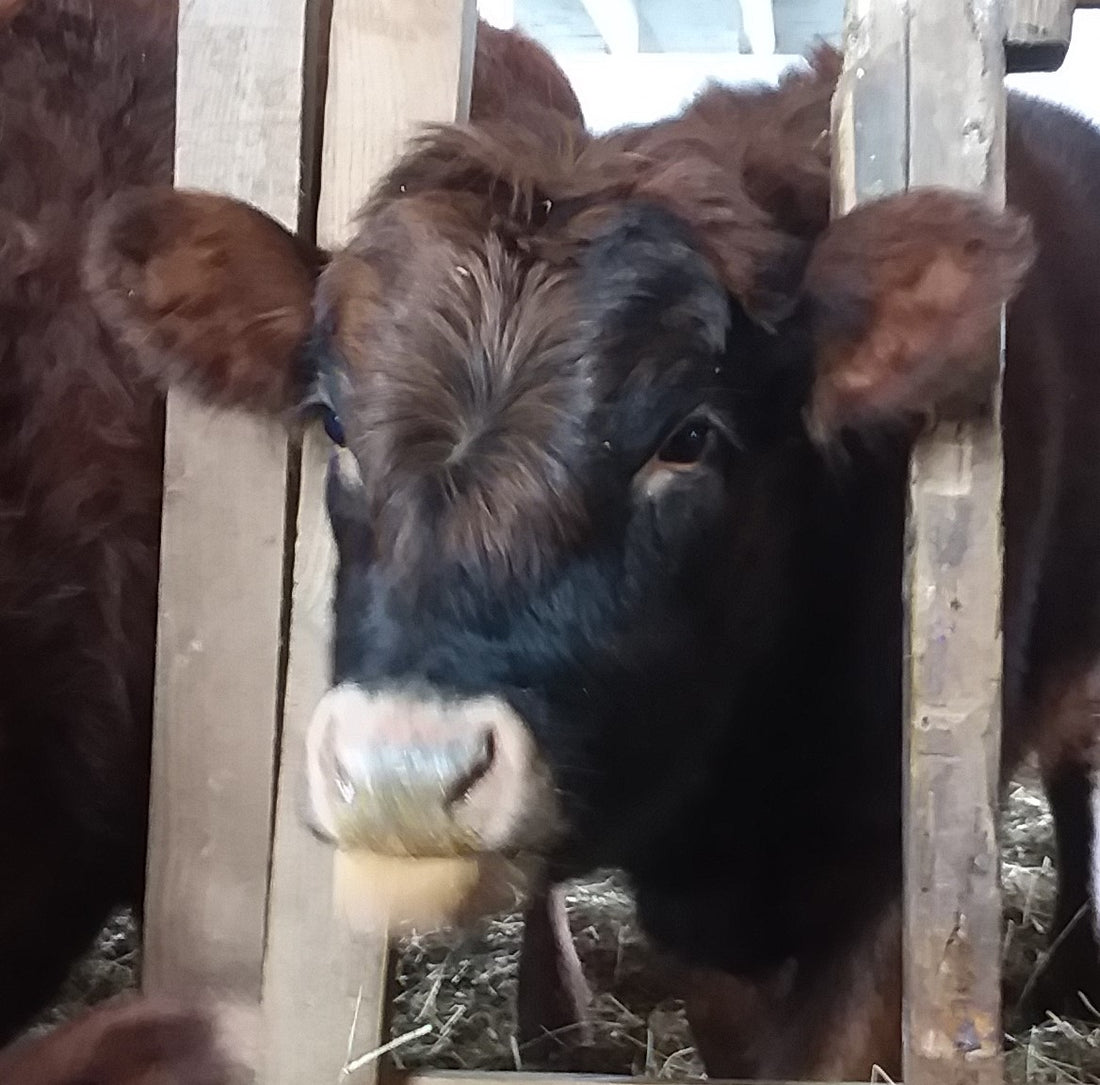
Garden soil testing can be broken down into 3 categories - physical, biological and chemical.
Physical - It's fairly easy to give your soil a physical test at home
- Structure - squeeze a handful of damp soil, open your hand. Does it fall apart? If it does then it's too sandy. Poke it - if it crumbles apart it's good. If when poked it retains its shape than it has too much clay.
- Drainage - does rainwater drain away quickly or does it sit on top of your soil. Roots need oxygen that is in the air spaces. Too much water clogs up the air spaces.
- Water retention - after a good watering does the soil stay moist for days or dry out quickly
- Adding organic matter improves all of the above
- The amount of earthworms in your soil is a very good indicator of microbes. Do you see a lot of worms in your garden? If no, try adding more organic matter to attract worms. The microbes will also feed on the organic matter.
- If you really want to know what good/bad bacteria & fungi, protozoa and nematodes your soil has send a sample to a lab that tests for microbes. They are expensive with prices starting at $80.00. I think that counting worms is a good enough indicator and I would rather save my money. I have used Earthfort labs to test the vermicompost that I sell.
- Test your pH. Somewhere between 6 and 7 is optimal for most plants. You can buy an inexpensive pH test kit at most hardware stores and gardens centers. Lower numbers indicate the soil is acidic and needs lime to bring the level up. Higher numbers mean the soil is alkaline and needs sulfur to bring levels down. Vinegar would also bring down the alkaline level. Neutral pH is important because minerals become unavailable when too acidic or alkaline.
- You may also want to know the levels of macro/micronutrients, soluble salts and possible contaminants in your soil. For these answers send a sample of your soil out for testing. The cost is $12. Add $5 to test soluble salt level. Testing for contaminants add more cost. This is the link to Dairy One's soil testing service. https://dairyone.com/analytical-services/agronomy-services/soil-testing/ I'll send a sample of my garden soil in for testing this year and let you know the results. That will be fun!

